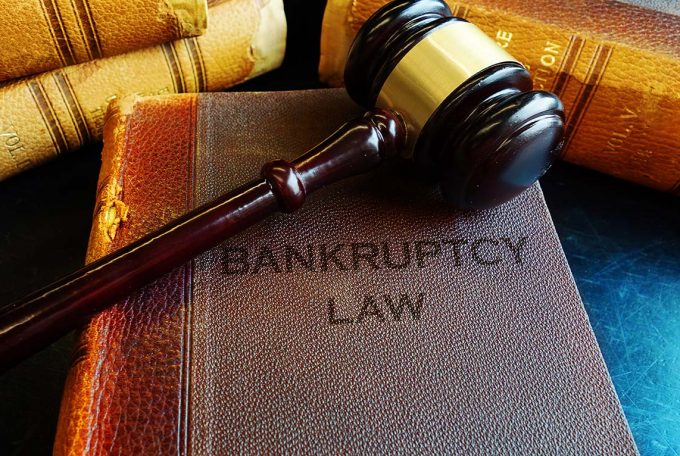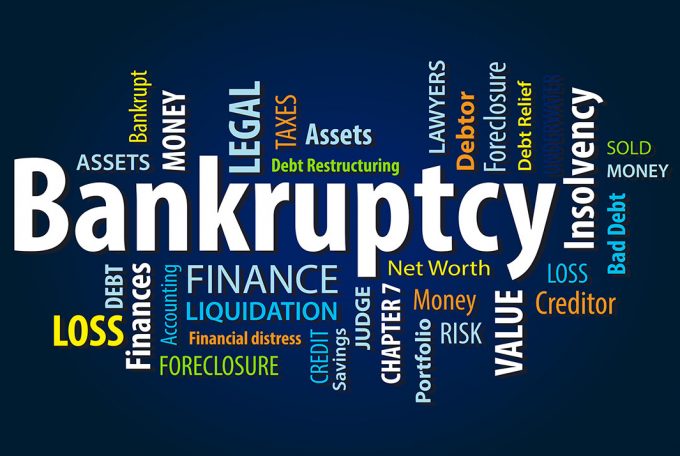Tax Refunds and Bankruptcy
This time of year I often advise clients to wait to file Chapter 7 bankruptcy until you file your taxes, receive your tax refund, and spend it on necessary and reasonable expenses. Depending upon when you file, the bankruptcy trustee is going to take some or all of your tax refund to pay your creditors. With that said, sometimes clients come into my office facing an imminent collection activity such as wage garnishment or foreclosure. In these situations you must weigh the amount you will lose by not filing (wages garnished until filing, loss of home) versus the portion of your tax refund that will be lost by filing right away. Although most of my clients depend on that tax refund to help with necessary and reasonable expenses, they are usually willing to surrender it in exchange for the substantial amount of debt that will be discharged in their bankruptcy.
Although my advice is to file Chapter 7 bankruptcy after spending your tax refund, you must be careful as to where your tax refund is spent. Strangely enough you should not spend your tax refund to pay your debt. A repayment of your debt prior to filing bankruptcy may be a preference or fraudulent transfer, and the trustee may recover these funds to pay your creditors. The biggest mistake I see around tax season is when a repays a family member or friend with his/her tax refund. This almost always results in the client having to repay the court that amount in order to avoid them pursuing the family member or friend for repayment. Therefore, if you are filing bankruptcy and promised your family member or friend that you would repay them with your tax refund, you are going to have to tell them you are unable to do so until after your bankruptcy case is filed.
So where do you spend your tax refund? Your tax refund should be spent on “necessary and reasonable” expenses prior to filing. Some specifics include groceries, utility bills, mortgage or rent, and bankruptcy attorneys’ fees. Although it sounds as if I’m being greedy, most my clients fund their bankruptcy with their tax refund. Some of the expenses I have listed may be paid in advance, but you will want to consult with an experienced Phoenix bankruptcy lawyer about the limitations. Keep receipts for where the money was spent as the trustee normally asks during your 341 Meeting of Creditors.
If you have any questions about your tax refund and bankruptcy please contact one of the skilled Phoenix bankruptcy attorneys of Ariano & Reppucci, PLLC today. We offer free consultations and affordable rates to residents located throughout Arizona.
Are You Struggling with Debt?
Don’t Wait! Schedule Your Free Attorney Consultation Today and Receive a Free Gift.





